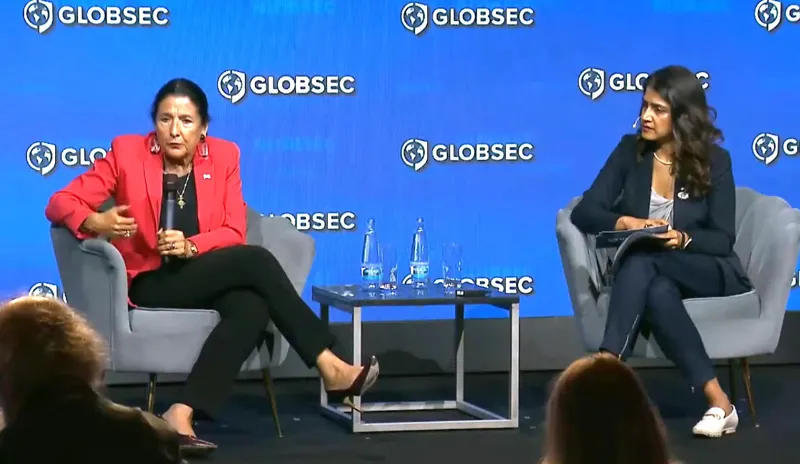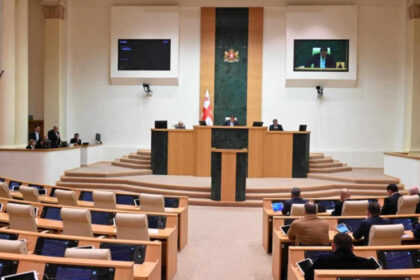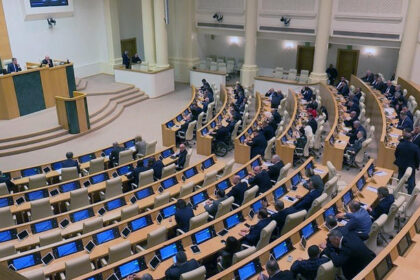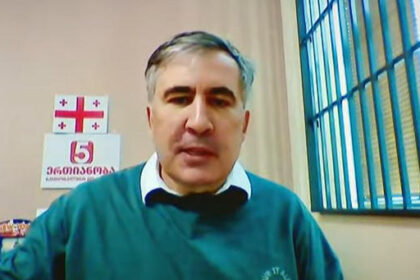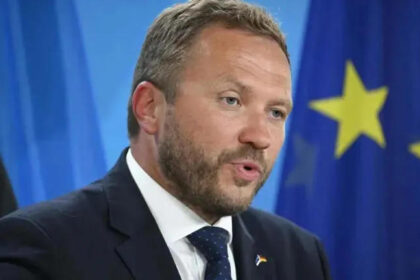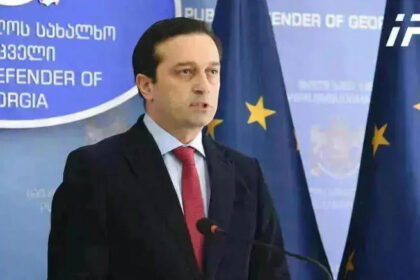**Sanctions Can Hurt, But Georgia’s Rulers Won’t Give Up**
Georgia’s 5th President, Salome Zurabishvili, emphasized the importance of sanctions during a recent discussion at GLOBSEC 2025. She noted that while the European Union couldn’t agree on collective sanctions, individual countries have imposed them anyway. For Georgia, these sanctions are crucial because they can create weaknesses and tension within the ruling party.
Zurabishvili pointed out that Georgia is not like larger countries such as Iran or Russia, which don’t rely heavily on external contacts for their economies. In contrast, Georgia needs business connections with the outside world to survive. This means that even those connected to the ruling party still need to interact with foreigners, making sanctions particularly painful.
The purpose of sanctions, according to Zurabishvili, is not to drastically change policy but to create cracks within the ruling party. She believes that these sanctions have already started to hurt, causing tension and weaknesses among government officials. However, she also warned that it’s difficult to predict exactly how quickly or severely the power of a repressive government will be affected.
**Commentary**
Zurabishvili’s comments highlight the significance of international pressure on authoritarian regimes like Georgia’s current government. By imposing sanctions, European countries are not only targeting the ruling party but also the economy as a whole. This approach can lead to increased internal divisions and potentially weaken the government’s grip on power.
The Georgian president’s assessment that sanctions have already become painful for the ruling party is a sign of their effectiveness. However, it remains to be seen how long it will take for these pressures to translate into meaningful policy changes or even regime change.
**Analysis**
Georgia’s situation serves as an example of how smaller countries can be vulnerable to external economic pressures. The country’s reliance on international business connections makes sanctions particularly effective in creating tension and weakness within the ruling party.
Zurabishvili’s statement that sanctions are not meant to radically change policy but to create cracks in the system is a realistic assessment of their impact. While these measures can be uncomfortable for governments, they often fall short of toppling regimes entirely. Nonetheless, continued international pressure can lead to incremental changes and eventually contribute to regime transformation.
**What’s Next?**
As sanctions continue to exert pressure on Georgia’s government, it will be essential to monitor the internal dynamics within the ruling party. The effectiveness of these sanctions in weakening the government’s power will depend on how well they are implemented and sustained over time.
It remains to be seen whether individual European countries will maintain their stance on sanctions or if the EU will eventually find a way to impose collective measures. Whatever the outcome, Georgia’s government will need to adapt to these changing circumstances or risk facing further economic isolation.
Read More @ www.interpressnews.ge




